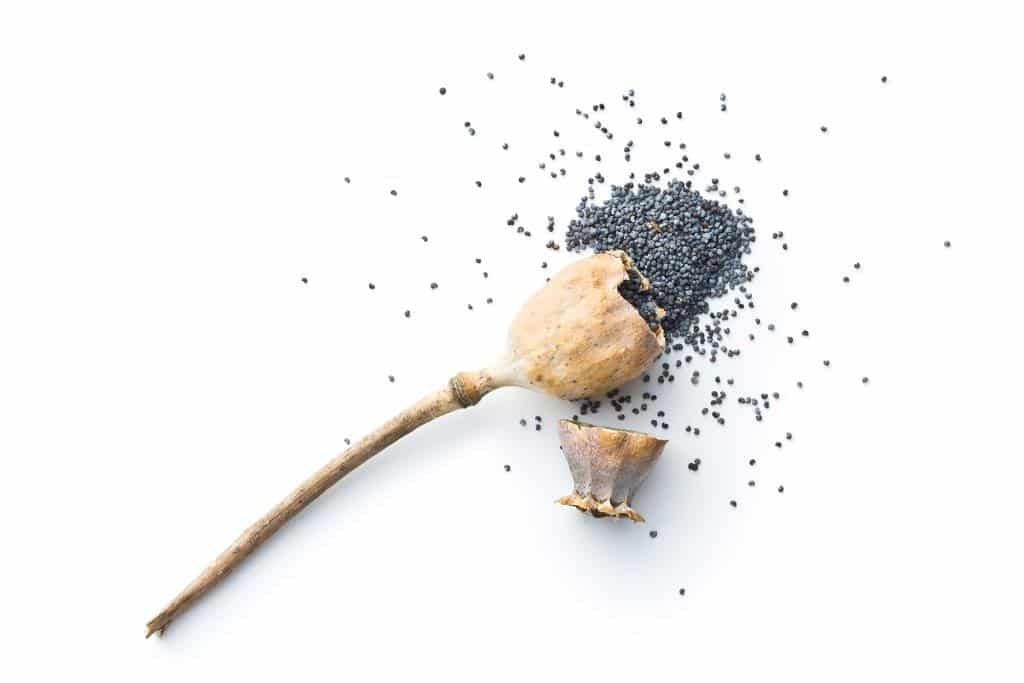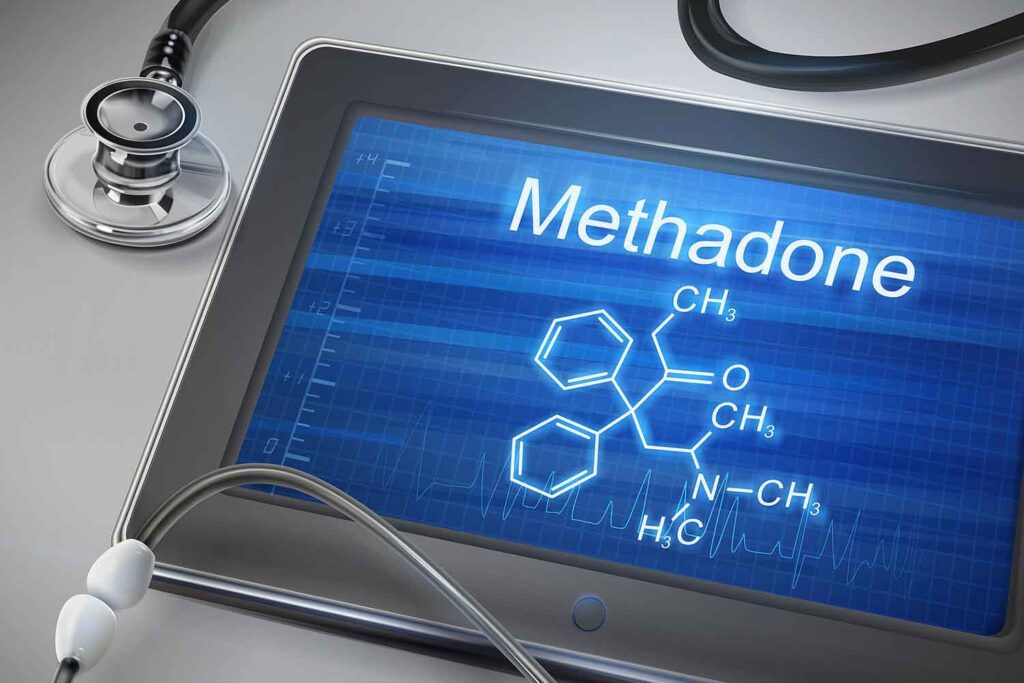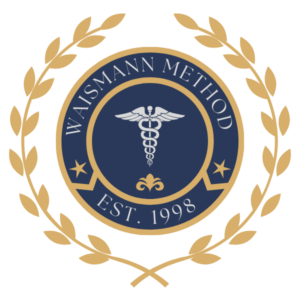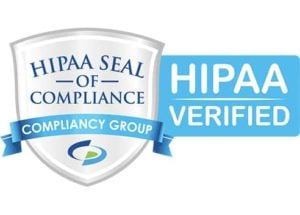Poppy seeds are small, kidney-shaped seeds derived from the Papaver somniferum plant, commonly used in baking, cooking, and traditional medicine. Despite their culinary popularity, poppy seeds have gained attention due to their connection with opioids, as they originate from the same plant that produces opium. While the seeds themselves contain only trace amounts of opiates, unwashed poppy seeds and poppy seed tea can lead to opioid-like effects, drug test failures, and even dependency in some cases.
This article explores poppy seeds, their potential effects, risks, legal considerations, and detox options for those struggling with poppy seed tea dependence.
What is the Difference Between Dodda and Poppy Seed?
Many people confuse dodda (Mexican poppy) with poppy seeds from Papaver somniferum, but these are two different plants.
| Characteristic | Poppy Seed (Papaver somniferum) | Dodda (Argemone Mexicana – Mexican Poppy) |
| Plant Type | Opium poppy | Mexican poppy |
| Opioid Content | Contains trace amounts of morphine & codeine | No opioids, contains toxic alkaloids |
| Uses | Food, pain relief, relaxation, traditional medicine | Traditional folk medicine, but toxic in large amounts |
| Safety | Generally safe when consumed in food | Can cause poisoning if ingested |
While Papaver somniferum seeds are legal and widely used in foods, dodda (Mexican poppy) contains toxic alkaloids that can lead to health risks such as paralysis, blurred vision, and organ damage.
How Do Poppy Seeds Affect the Body?
Poppy seeds themselves do not have significant psychoactive properties when used in normal dietary amounts. However, unwashed poppy seeds and poppy seed tea contain measurable amounts of opioids, including morphine and codeine, which act on the central nervous system.
Effects of Consuming Unwashed Poppy Seeds or Poppy Tea
- Pain relief
- Sedation
- Euphoria (in high doses)
- Slowed breathing
- Drowsiness
While these effects may seem mild, regular use can lead to dependency, withdrawal symptoms, and overdose risks.
Risks and Side Effects of Poppy Seed Consumption
Short-Term Risks:
- Drowsiness
- Dizziness
- Constipation
- Nausea
- Respiratory depression (in large amounts)
Long-Term Risks:
- Opioid Dependence – Prolonged use of poppy seed tea can result in addiction.
- Overdose – Since the opioid content in unwashed seeds is unpredictable, accidental overdose is possible.
- Failed Drug Tests – Even small amounts of poppy seeds can cause positive opioid drug test results.
Poppy Tea Addiction, Dependence, and Withdrawal
Poppy seed tea is made by soaking unwashed poppy seeds in water, which extracts residual morphine and codeine. Regular use can lead to physical dependence, and abrupt discontinuation can cause withdrawal symptoms similar to opioid withdrawal.
Common Withdrawal Symptoms:
- Anxiety
- Sweating & chills
- Muscle aches
- Insomnia
- Nausea & vomiting
- Diarrhea
- Intense cravings
How Long Does Poppy Tea Withdrawal Last?
- Mild users: Symptoms may peak within 2-3 days and improve within a week.
- Heavy users: Symptoms may persist for 10-14 days, with psychological cravings lasting weeks to months.
Detox and Treatment Options for Poppy Dependence
For those experiencing poppy seed tea dependence, medical detox is the safest and most effective way to manage withdrawal symptoms and prevent complications.
Waismann Method: The Leading Medical Opioid Detox
The Waismann Method offers accelerated opioid detox under sedation, allowing patients to safely detox without prolonged suffering.
Key Benefits of Waismann Method Detox:
- Performed in a full-service accredited hospital
- Medically supervised detoxification under sedation
- No long-term opioid replacement therapy
- Personalized treatment plan based on individual health needs
Other treatment options include:
- Medically assisted detox (supervised withdrawal with symptom management)
- Therapy & counseling (to address emotional triggers and behavioral patterns)
Legal and Safety Considerations
Is Poppy Seed Tea Legal in the U.S.?
Poppy seeds are legal for food use. However, unwashed poppy seeds or poppy seed tea may contain controlled substances (morphine & codeine), making their sale and consumption a legal gray area.
Can You Legally Grow Poppies in the U.S.?
It depends. Papaver somniferum (opium poppy) can be legally grown for ornamental purposes, but processing them into opium derivatives is illegal.
Do All Poppies Contain Opioids?
No. Only Papaver somniferum contains opioids. Other varieties, such as California poppy and Mexican poppy (Dodda), do not contain morphine or codeine.
Frequently Asked Questions
Is it illegal to grow poppies in your yard?
Growing Papaver somniferum is legal in some states for ornamental purposes, but harvesting or extracting opium is illegal.
How many poppy seeds does it take to show up on a drug test?
Even a teaspoon of unwashed poppy seeds can result in a positive opioid drug test due to morphine residue.
What does poppy do for the body?
Poppy seeds in food provide healthy fats, fiber, and minerals, but poppy seed tea can have opioid-like effects that impact the nervous system.
How much morphine is in poppy seeds?
The morphine content varies. Washed poppy seeds contain negligible amounts, while unwashed seeds may contain 0.5 – 10 mg of morphine per gram, depending on processing.
What is the benefit of drinking poppy seed tea?
Some claim relaxation and pain relief, but the risk of dependence and overdose outweighs the benefits.
What does Mexican poppy cure?
Mexican poppy (Argemone Mexicana) has been used in folk medicine, but it contains toxic alkaloids and is not safe for consumption.
Conclusion
Poppy seeds are widely used in cooking and medicine, but poppy seed tea and unwashed seeds can carry opioid-related risks. Understanding the legal, medical, and safety aspects of poppy consumption is crucial.
For those struggling with poppy seed tea dependence, medically supervised detox—such as the Waismann Method—offers the safest and most effective solution.
Need Help? Contact us today at 1-800-423-2482 for expert opioid detox solutions.
Sources:
- DEA Diversion Control Division: Unwashed Poppy Seed
This document from the U.S. Drug Enforcement Administration provides detailed information on unwashed poppy seeds, including their chemical composition, pharmacology, and associated risks. - Opium Poppy – DEA Museum
The DEA Museum offers an overview of the opium poppy plant (Papaver somniferum), its derivatives, and their uses, providing historical and botanical context. - Service Members Should Avoid Foods With Poppy Seeds
This article from the U.S. Department of Defense highlights the implications of poppy seed consumption on drug testing, particularly for service members. - FDA Warning Letter: www.poppyseedwash.com
The U.S. Food and Drug Administration issued a warning letter concerning the sale of poppy seed products with high opiate content, emphasizing regulatory concerns. - The Determination of Thebaine and Opiates of Abuse in Postmortem Urine
This government publication discusses the presence of thebaine and other opiates in the body following poppy seed consumption, relevant for understanding drug testing implications













